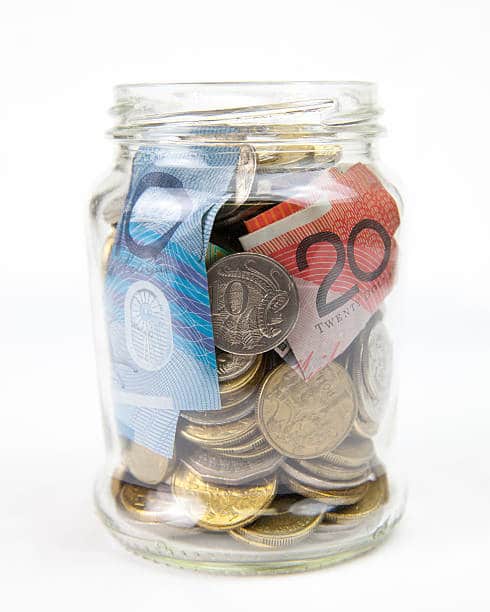Without a shadow of a doubt, the Covid-19 pandemic has changed the way Australians and people in general, think about money. As a result, the need for reassessing financial situation and balance has remarkably increased during the past year.
One research shows that only 10% of Australian employees think that the pandemic has had a positive impact on their financial health whereas 42% feel that the impact was quite negative.
And, regardless of the category you fit in, you’ve probably noticed that your financial habits have changed. Therefore, now it’s the perfect time to reassess your financial situation and seek professional financial assistance if needed, preferably from the number one accounting firm in Brisbane – Syndeo Group.
So, let’s see how you can reassess your spending and budgeting habits:
1. Changing Spending Habits
It goes without saying that your spending in restaurants, department stores, cinemas, bars, and other forms of entertainment have drastically reduced over the past year. But, in turn, you have been spending more on food, online shopping, delivery, and streaming.
According to research, the financial habits of Australians have returned to the pre-pandemic levels when it comes to essential and discretionary items, but there’s a change in the items they’re spending their money on.
For example, since most people were forced to stay at home due to lockdowns, it is more than logical that spending on transportation has lowered (by 40% to be precise), on eating out (by 30%), going to the gym (by 19%), etc.
On the other hand, being stuck at home, people have been spending more on home renovations (up by 25%), home offices (58%), alcohol and tobacco (remarkable 53%), and food delivery (whopping 245%).
So, since there’s a lot that changed over the past 12 months when it comes to spending habits, you’d better take some time, and even seek financial assistance from experts, to reconsider your financial health, goals, and budget.
2. Tracking Spending Habits
We’ve seen how your spending habits may have changed as a result of the pandemic. Now, let’s see how you should track your financial situation. Start by listing all of the basic expenses you have in a month like utility bills, rent or mortgage, petrol, car maintenance, insurance, etc. Then, work out how much exactly you earn during the same period. This will help you create a comprehensible picture of your income and expenses, i.e. financial balance.
Once you have this worked out, you should start tracking your expenses in a way that’s convenient and easy for you, whether it is a paper ledger or Excel spreadsheet. Just ensure you write down every dollar you spend and note whether they are essential or discretionary expenses.
What’s more, you could ask your financial adviser, like Syndeo Group, to recommend a digital tool like app or software to help you in the tracking process and sync bank accounts, loans, superannuation, credit cards, insurance, bill payment, etc.
3. Creating a Budget
Last but not least, as you have a clear understanding of your financial habits now, you can now reassess everything and create a budget that fits your financial balance and goals. For this purpose, you can use some of the many online budgeting tools that will give you an idea of how much money you have left to put aside, either for accomplishing a goal or just saving for the rainy days.
The best thing to do is seeking professional financial assistance to help you with the above-mentioned. Hence, call Syndeo Group today to ensure you have the best adviser by your side to help you achieve your financial goals.



